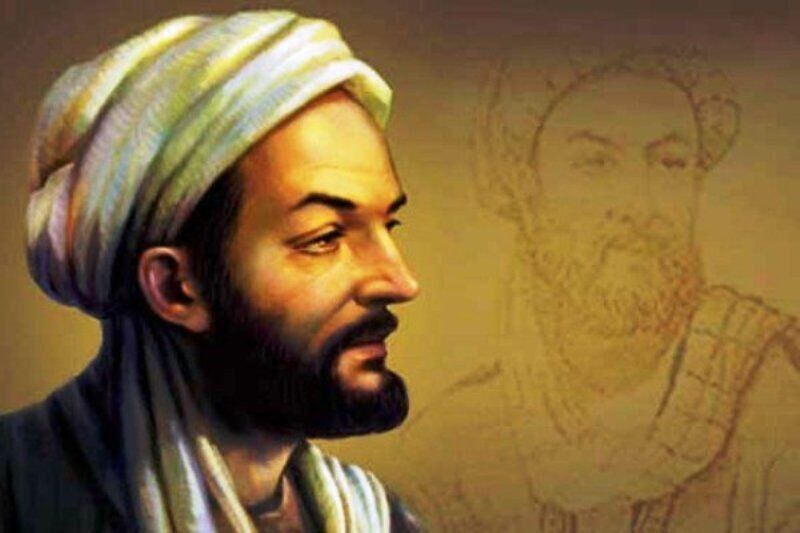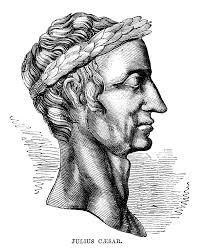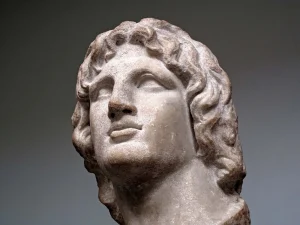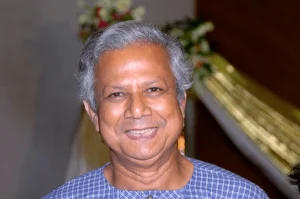
The Canon of Medicine was not just a collection of medical knowledge; it was a synthesis of earlier works from Greek, Persian, and Indian traditions, combined with his own insights and experiences. It emphasized the importance of observation and the need for clinical studies to understand diseases. Avicenna’s work laid the foundation for the scientific method in medicine.
3. Philosophy and the "Book of Healing"
Avicenna was not only a physician but also a philosopher. His Book of Healing (Kitab al-Shifa), written over several years, explored a wide array of topics including logic, natural sciences, ethics, and metaphysics. His philosophical work was a fusion of Aristotelian thought and Neoplatonism, deeply influenced by earlier Greek philosophers, but also incorporating Islamic theological insights.
One of the most inspiring elements of his philosophy was his ability to reconcile reason and faith. Avicenna argued that philosophy and religion could coexist, and his work influenced many later philosophers, including Thomas Aquinas and other Western thinkers.
4. Facing Political Challenges and Imprisonment
Despite his intellectual success, Avicenna’s life was not without hardship. He faced constant political instability, which eventually led to his imprisonment. In 1024, he was captured and imprisoned by the ruler of the region where he lived due to political turmoil. During his imprisonment, Avicenna continued to write, study, and even treat other prisoners. It was during this time that he composed some of his most important works, proving his commitment to his intellectual pursuits, even in the face of adversity.
He later escaped from prison, but his life continued to be marked by political unrest. He spent the latter part of his life moving from place to place, often serving as a vizier and physician to various rulers. Despite these challenges, he never stopped writing and sharing his knowledge.
Avicenna’s favorite quotes
Avicenna (Ibn Sina), a Persian philosopher and physician, is known for his contributions to medicine, philosophy, and science. While many of his teachings and thoughts were recorded in his works, not all of his exact words are clearly documented as “favorite quotes.” However, here are a few profound sayings and ideas attributed to him:
- “The knowledge of anything, since all things have causes, is the knowledge of the cause.”
- This reflects Avicenna’s commitment to rationalism and causality, which he emphasized in both his philosophy and science.
- “It is not the truth that is hard to find; it is the way of finding it.”
- Avicenna often spoke about the human capacity for reason and the importance of rational inquiry in the search for truth.
- “The soul is not a thing that is confined to a body; it is not something that can be grasped, it is something that escapes.”
- This highlights his views on the nature of the soul, its separation from the body, and its relationship to intellect and understanding.
- “A fool’s mind is at the mercy of his tongue.”
- A reflection on the importance of controlling one’s speech and the idea that foolishness often reveals itself in hasty or unguarded words.
- “Man is not a material being, but a spiritual being, for he has an intellect.”
- Avicenna’s belief in the duality of human nature: both physical and intellectual or spiritual.
- “The doctor should not treat the disease but the patient who is suffering from it.”
- A timeless piece of medical wisdom that emphasizes treating the individual rather than focusing solely on the disease.
- “He who has health has hope; and he who has hope has everything.”
- Reflecting his belief in the importance of health for a fulfilling life.








